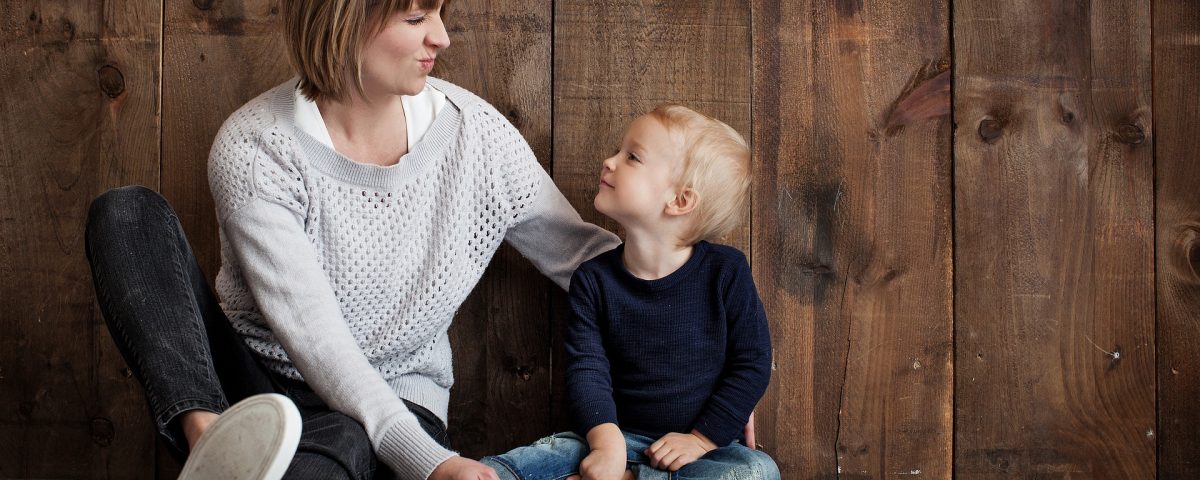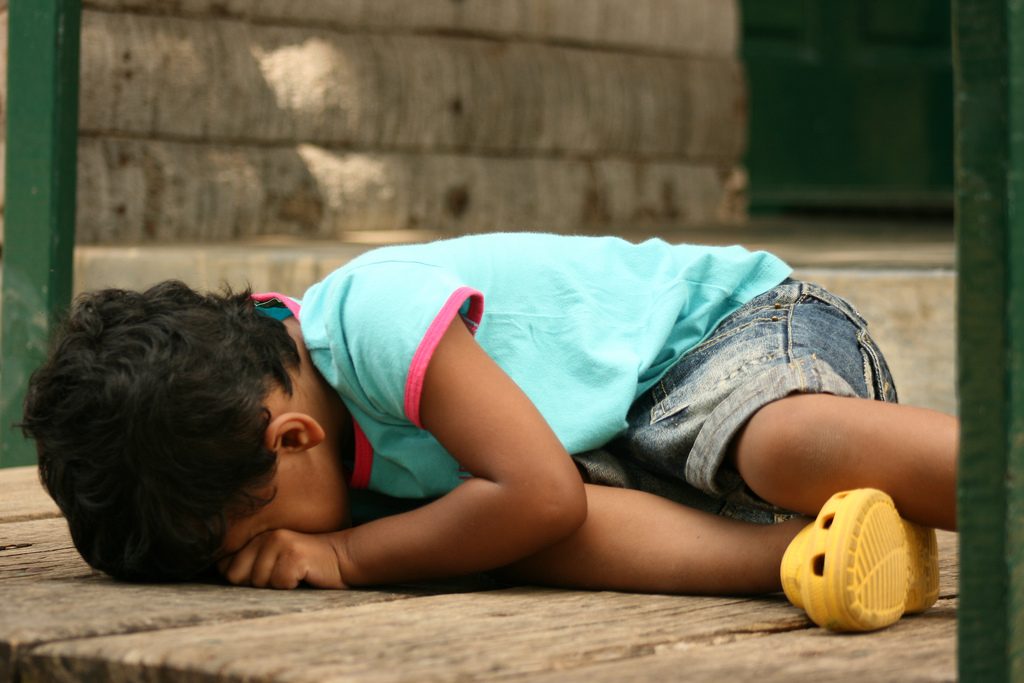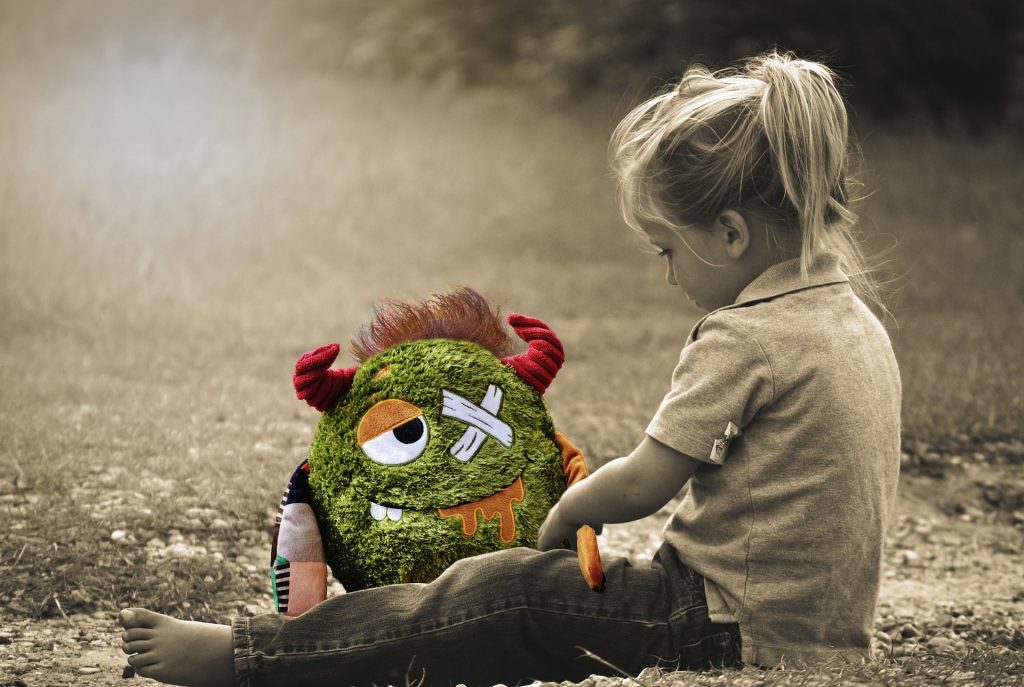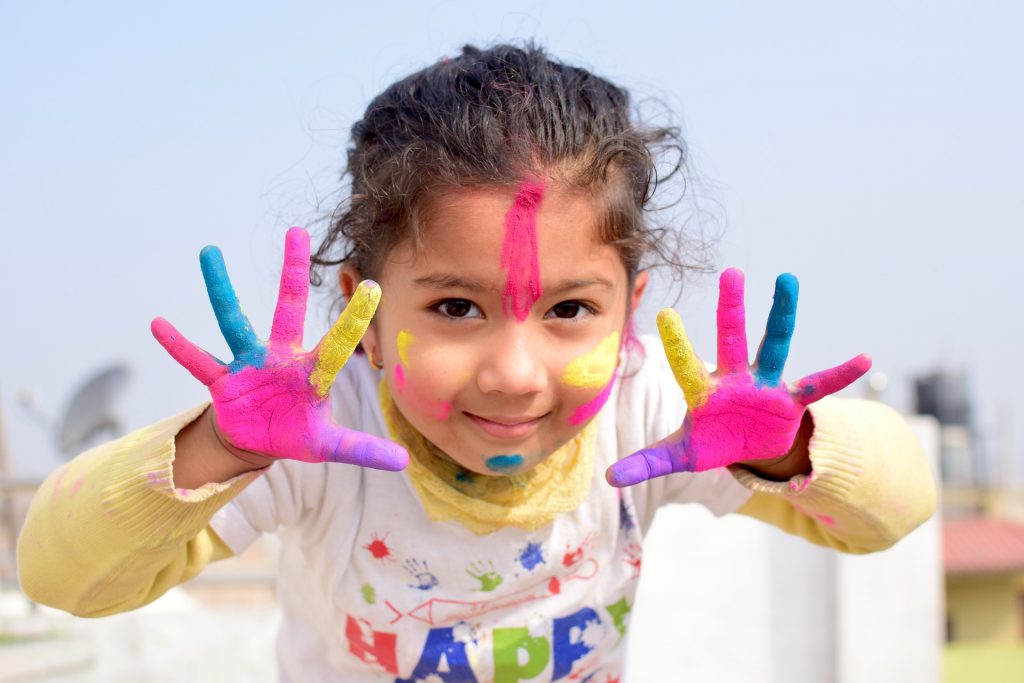This website uses cookies so that we can provide you with the best user experience possible. Cookie information is stored in your browser and performs functions such as recognising you when you return to our website and helping our team to understand which sections of the website you find most interesting and useful.

14 Ideas for Baby’s Spring Holiday Gift Basket
26th March 2021
The Big Little Tent Festival 2021
31st March 2021The Terrible Twos and Your Toddler

*Ad-Paid. All opinions are my own.
You knew this day was coming, didn’t you? One minute, you had a precious baby who was happy and oh-so-sweet. The next minute, your little baby turned into a demanding toddler with a never-ending stream of opinions and a sudden fondness of the word, “no.” What happened?
The “terrible twos” happened. This difficult stage in a child’s development can make the calmest and most sensible of parents feel utterly defeated, tired and miserable. Rest assured that your toddler’s defiant behavior is completely normal. Here’s what you can expect as your toddler enters this challenging—and in some ways, rewarding—stage of their development.

What to Expect During the Terrible Twos
- Temper Tantrums/Mood Swings
Temper tantrums are perhaps the most dreaded sign that your precious tot has entered the terrible twos. At this stage of your child’s development, he or she has low emotional control. When your toddler has a frustrating experience and doesn’t get their way, the resulting outburst can be downright ugly. From kicking and biting to banshee-wailing screaming, your little one will no doubt put your patience to the test. Remember: Your child is not a bad kid. Your toddler may not have the communication skills he or she needs to express themselves properly—hence, the bad conduct.
- Picky Eating
Is your toddler suddenly a super picky eater? That’s completely normal. According to a study published in Paediatrics and Child Health, at least a quarter of toddlers are described as being poor or picky eaters by their parents.
As your little one becomes more independent and verbal, he develops the ability to express his preference for particular foods. Trying to get your toddler to eat things he doesn’t want to eat may result in tantrums, refusal, food messes, running away or all of the above. Experts at the Mayo Clinic recommend being patient with new foods (toddlers may take a while to come around to it) and sticking to the routine.

- Taking Off Clothes
You take the time to dress your little one in a cute outfit, only for her to strip off her clothes and run around in her birthday suit. Sound familiar? It’s not uncommon for toddlers to go through a nudist stage. Sometimes, it’s because the clothing itself is itchy, scratchy or otherwise uncomfortable. Other times, it’s purely for attention-seeking purposes. To stop your child from taking off their clothes, make sure that you choose comfortable toddler clothes that don’t restrict their movement. You can also let them have more say in their outfit choices.
- Flawed Reasoning
One of the biggest struggles in raising a toddler is figuring out how to deal with their flawed reasoning. Your 2-year-old may toggle back and forth between being wise beyond her years and acting completely irrational. She’s now starting to develop her critical thinking skills, and they still need some fine-tuning.
Sometimes, the best way to help your toddler develop their logic and reasoning skills is through trial and error. For example, let’s say that your toddler refuses to wear a coat outside when it’s cold. As long as it’s not dangerously cold, you can simply let her go outside, feel the cold pavement and arrive at her own conclusion that she needs a coat.
- Potty Training
In case you haven’t already stocked up on training pants for your toddler, consider this your friendly reminder to do so. Potty training is an important milestone that requires extreme patience and consistency with your child. Before you introduce your little one to the potty, look for signs that he or she is ready to take this huge step. According to experts from KidsHealth, some signs of potty training readiness include having the ability to follow simple instructions and keep a diaper dry for at least two hours.

- Sleep Regression
The temper tantrums, picky eating and potty training would be more tolerable if it weren’t for one thing: toddler sleep regression. Just when you thought your baby was sleeping happily through the night, they start crying at bedtime and refusing to go back to bed. Although not all toddlers go through sleep regression, it’s also not uncommon.
This phase will eventually pass. However, you can potentially end their sleep strike early by sticking to a consistent, bedtime routine and keeping their naps short and sweet. Giving them more choices before bedtime can also be helpful. Do they want to wear the blue pajamas or the yellow ones? Which book would they like to read? They’re more likely to wind down at night when they have some say in the routine.
Additional Tips for Getting Through the Terrible Twos
The terrible twos don’t need to be one struggle after another. Here are a few tips to help you get through this stage of development without tearing out your hair in frustration:
- Pick your battles. There are certain times when it makes more sense to let your toddler have their way. Case in point: clothing. If your son wants to wear his superhero costume all day, it’s probably not an issue worth fighting over. Save your energy for more important battles.
- Be consistent. When it comes to your kid’s health and safety, set hard limits and be consistent. Don’t give in or budge a single inch. If a situation escalates in public, calmly remove your child from the situation until their tantrum subsides.
- Praise good behavior. Once your child calms down, don’t go over the things they did wrong. Instead, focus only on praising good behavior.
- Know their triggers. Toddler tantrums are often precipitated by feeling tired, hungry, angry or stressed. If you’re going to a public place, bring snacks to curb their hunger and make sure they’re well-rested.
- Distract or redirect. When your toddler becomes upset, try to distract or redirect them by pointing out a window, reading a story or asking for their help with something.
- Give them choices (but not too many). Toddlers are easier to negotiate with when they have some say in the matter. Give them one or two harmless options regarding their clothing or their food.
- Try to keep your cool. This is difficult to do—we know! But try to remain as calm as possible. Your toddler will feed off your stress and frustration, which only makes the problem worse.

Looking for the Silver Lining
Believe it or not, the terrible twos don’t need to be all bad news. There are many wonderful moments and major milestones during this stage that are worth celebrating: mastering potty training, learning their preferences, seeing them develop a greater understanding of the world.
Although it may be frustrating at times, it’s also beautiful. If you put in the hard work now, you’ll be rewarded with a well-behaved and self-aware child that you couldn’t be prouder of.


